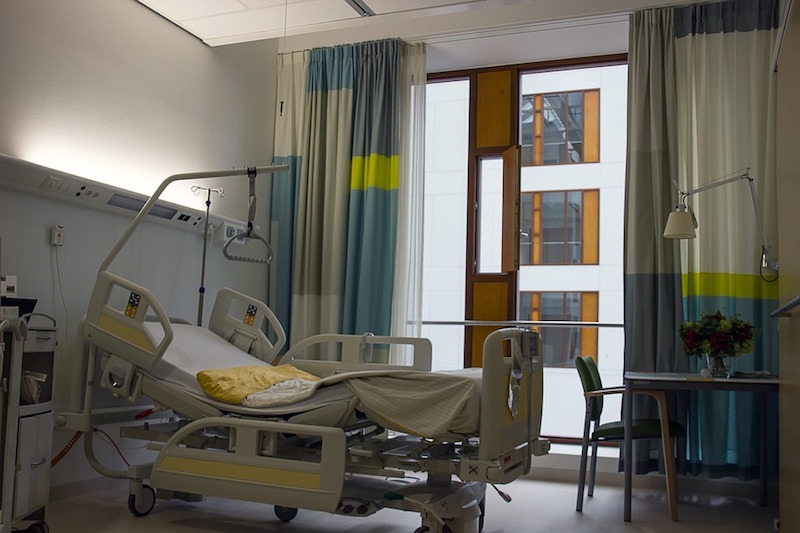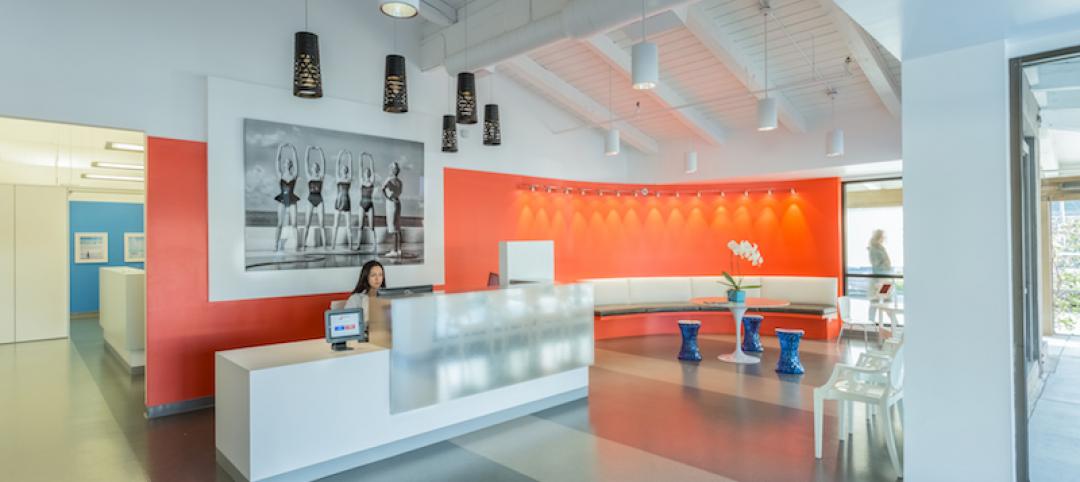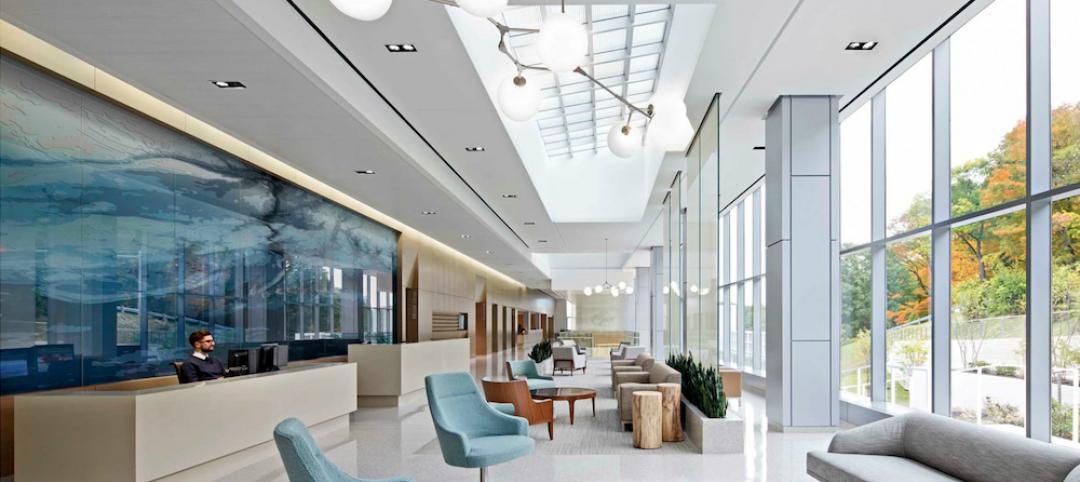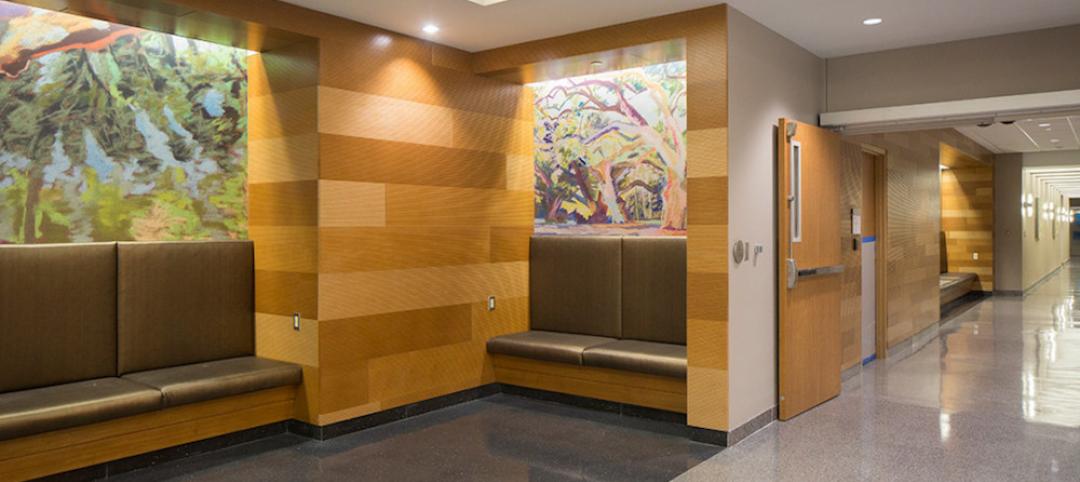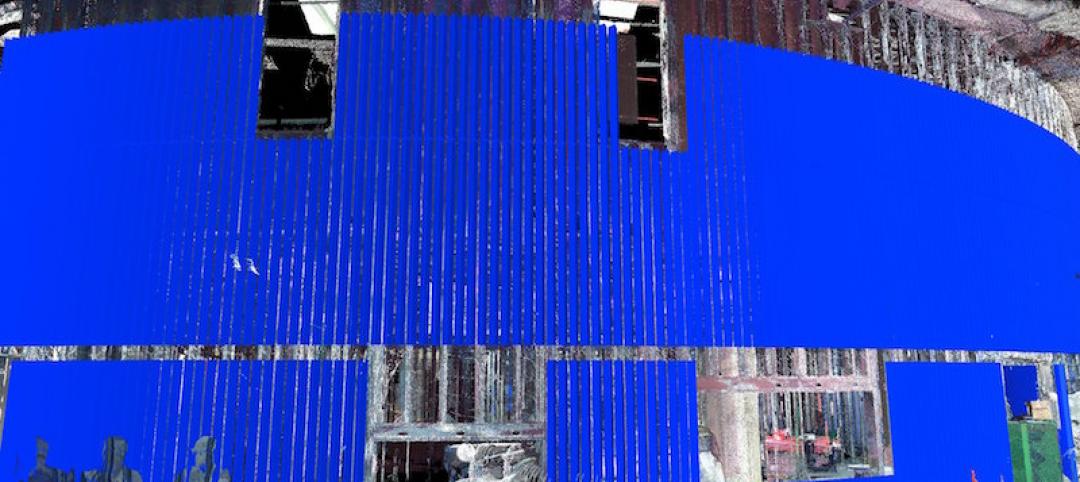New insights recently released from Steelcase Health underscore the importance of family participation during a patient’s hospital stay and highlight how patient room design can impact family experiences and influence patient satisfaction and outcomes. The company’s findings also reveal that, in most current patient room settings, many family members still have significant unmet needs.
Well-designed healthcare environments can be a powerful tool in supporting a family’s ability to meaningfully engage in their loved one’s care, but many hospitals have yet to fully harness their spaces to maximize this engagement,” says Michelle Ossmann, MSN, PhD, Director of Healthcare Environments at Steelcase Health.
Healthcare environments are often not designed to support the roles that family members play in a patient’s journey. Steelcase Health researchers identified five key issues that can affect family wellbeing and engagement in a patient room:
- Family members can be unintentionally blocked from critical communications.
- Difficult sleeping conditions.
- No place to share a meal.
- Uncomfortable hospitality environment
- Nowhere to plug in
The company’s findings show that family members need intuitive, welcoming and hosted environments that both support fundamental needs, such as sleeping, sharing meals and working, and assists them in productively partnering with clinicians to meet their loved one’s healthcare needs.
The findings from Steelcase Health bolster research on current healthcare trends such as patient and provider satisfaction as quality indicators, the focus on patient-and-family-centered-care, and the adoption of patient and family advisory boards and councils at hospitals and health systems.
For more information on the unmet needs of patient families, click here.
Related Stories
| Aug 8, 2016
Top 80 Healthcare Engineering Firms
AECOM, Jacobs, and WSP | Parsons Brinckerhoff top Building Design+Construction’s annual ranking of the nation’s largest healthcare building sector engineering and E/A firms, as reported in the 2016 Giants 300 Report.
| Aug 8, 2016
Top 100 Healthcare Construction Firms
Turner Construction Co., McCarthy Holdings, and Skanska USA top Building Design+Construction’s annual ranking of the nation’s largest healthcare building sector construction and construction management firms, as reported in the 2016 Giants 300 Report.
| Aug 8, 2016
Top 90 Healthcare Architecture Firms
HDR, Stantec, and Perkins+Will top Building Design+Construction’s annual ranking of the nation’s largest healthcare building sector architecture and A/E firms, as reported in the 2016 Giants 300 Report.
Healthcare Facilities | Jul 25, 2016
AIA selects seven winners of healthcare building design award
The National Healthcare Design Awards recognizes functional hospital projects that solve aesthetic, civic, urban, and social concerns. Recipients were selected in three categories this year.
Architects | Jul 22, 2016
5 creative approaches to finish standards
With the right mindset, standards can produce great design for healthcare facilities, as VOA's Candace Small explores.
Healthcare Facilities | Jul 20, 2016
Process mapping simplifies healthcare design
Charting procedures and highlighting improvement opportunities can lead to developing effective design strategy simulations. GS&P’s Ray Wong writes that process mapping adds value to a project and bolsters team and stakeholder collaboration.
Sponsored | Building Technology | Jul 11, 2016
3D scanning technology solves University of Iowa Children’s Hospital’s curved wall curveball
Gilbane Building Company utilized advanced 3D scanning technology as part of a virtual design and construction (VDC) solution to ensure quality control throughout the lifespan of the project
Healthcare Facilities | Jul 7, 2016
How to navigate the tedious regulatory approval process in healthcare construction
Compliance processes can be handled efficiently with a little bit of foresight. CBRE's Patrick Duke, Kyle Marden, and David Vollmer evaluate the regulations and permits that may be required and the process for incorporating approvals into projects.
Healthcare Facilities | Jul 1, 2016
AIA releases summary of the 2016 Design and Health Research Consortium
Consortium members discussed how architects, designers, and health professionals can best apply design and health research in their communities.
Healthcare Facilities | Jun 19, 2016
Rapid growth of retail health clinics presents new choices for consumers, payers, and providers
Service expansions help dealers boost clinics’ profitability.


